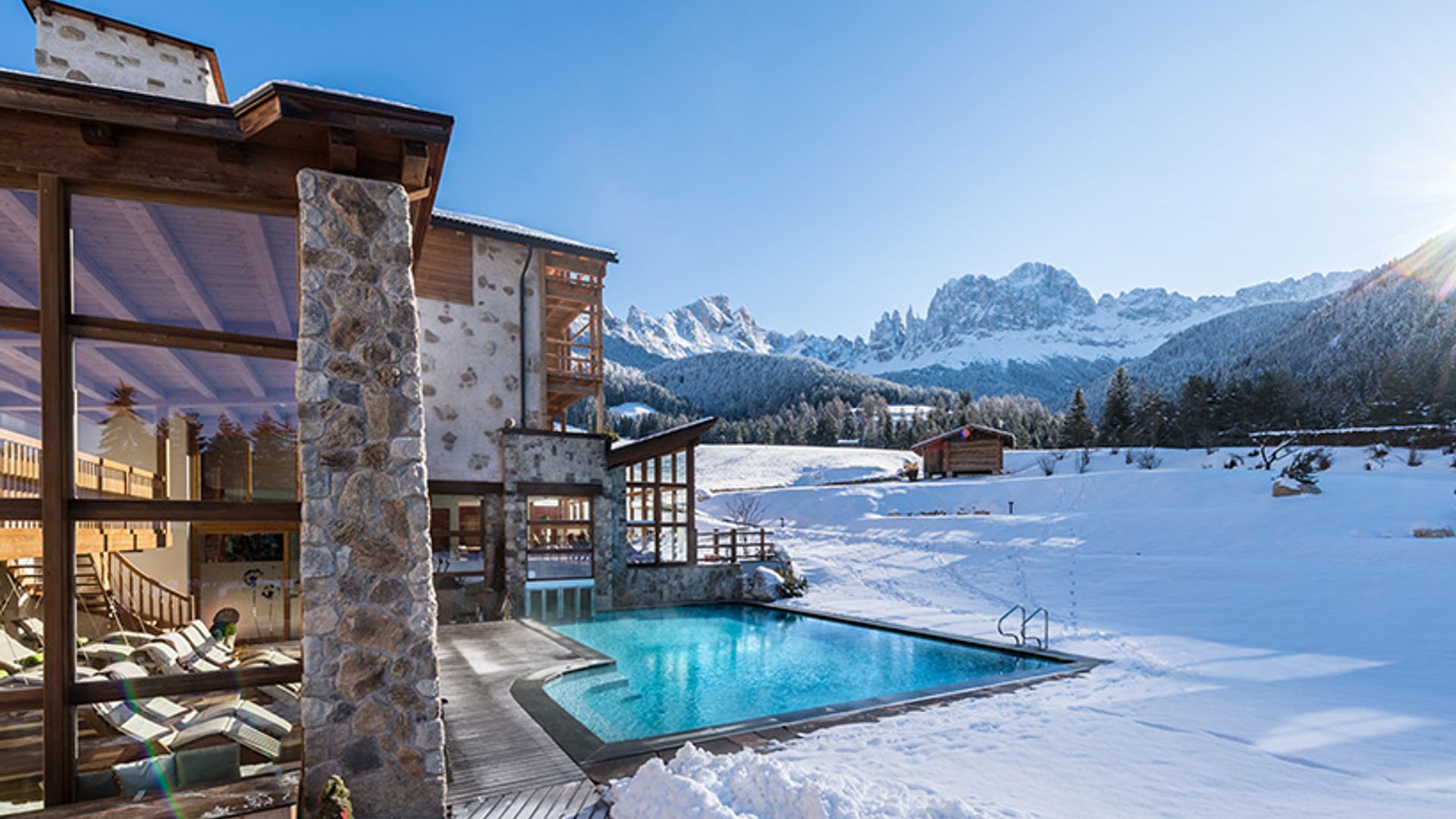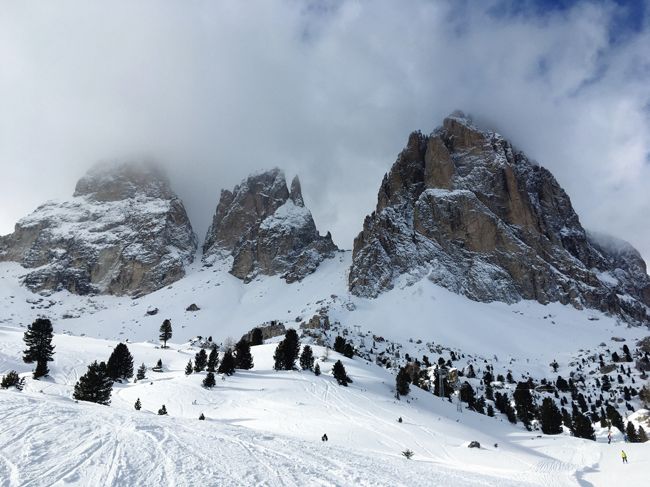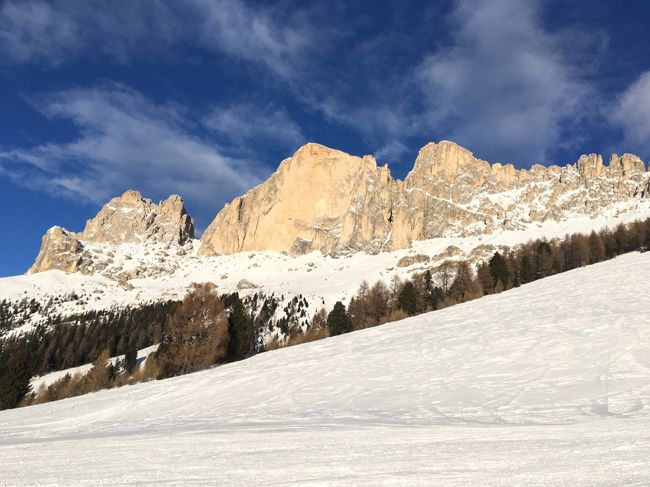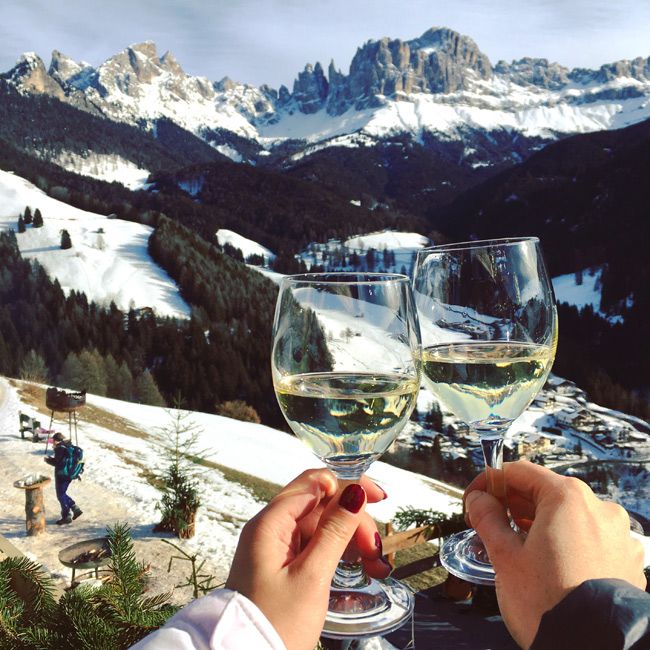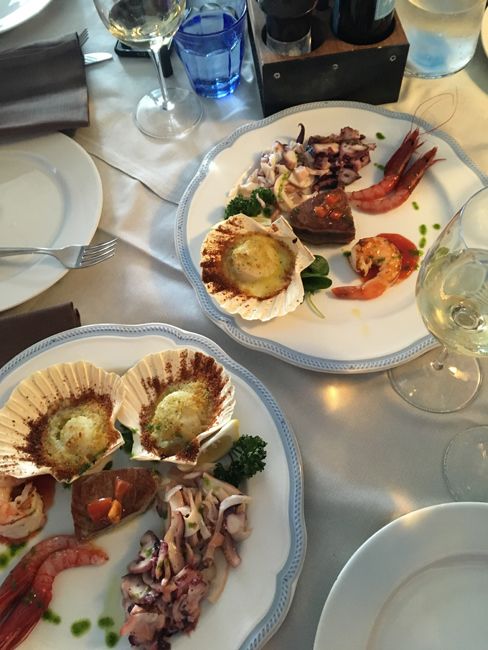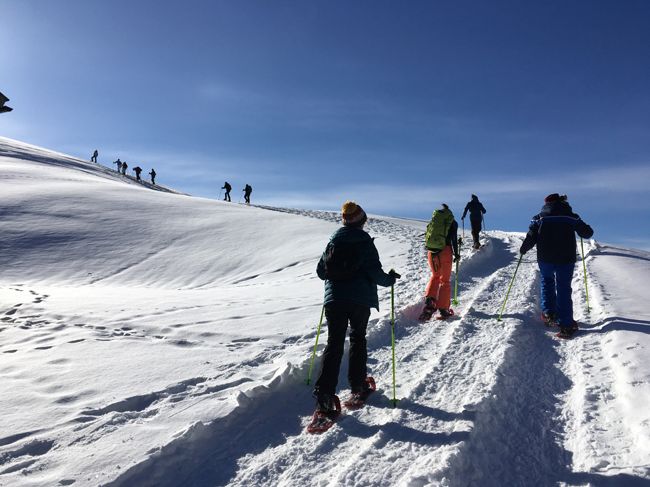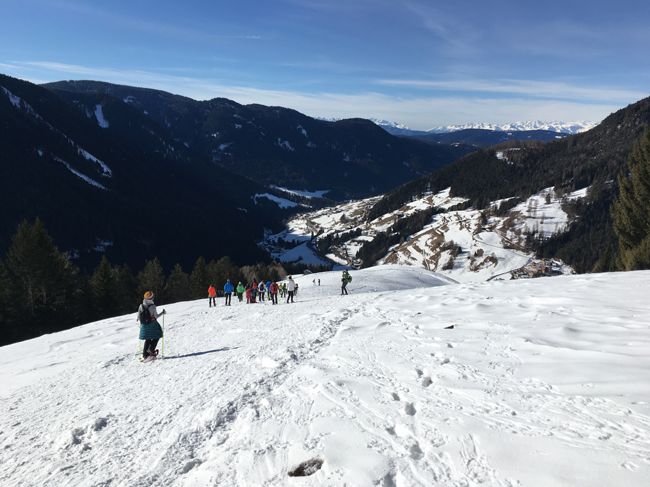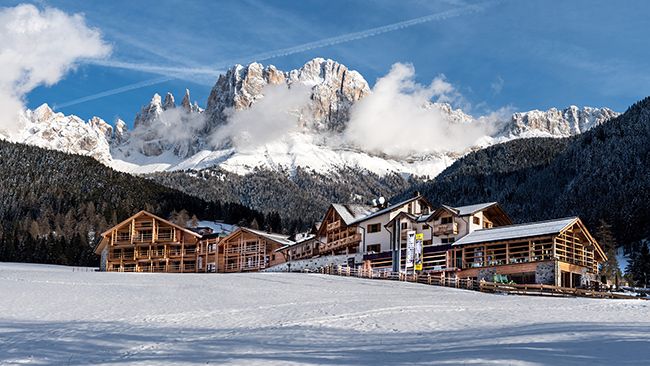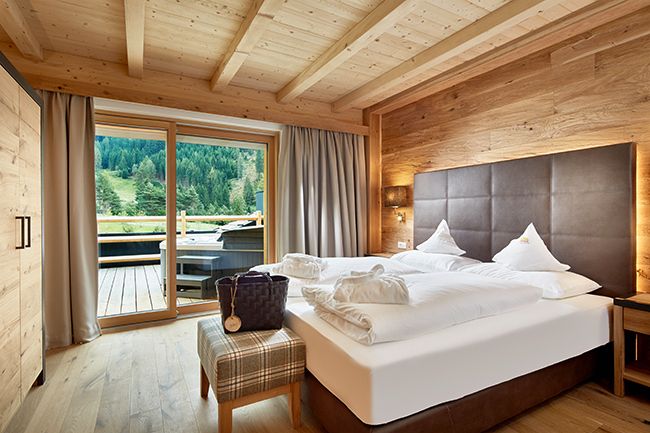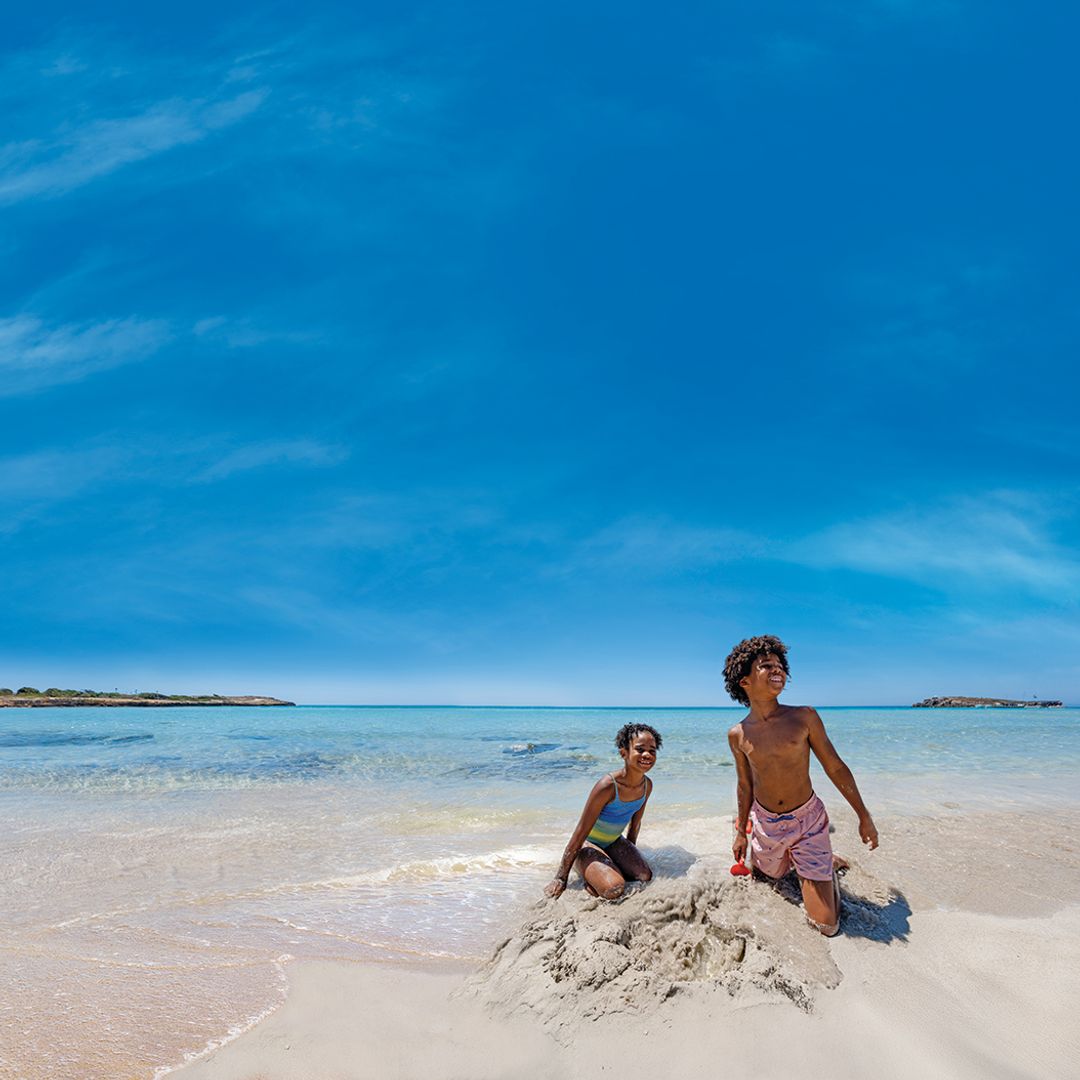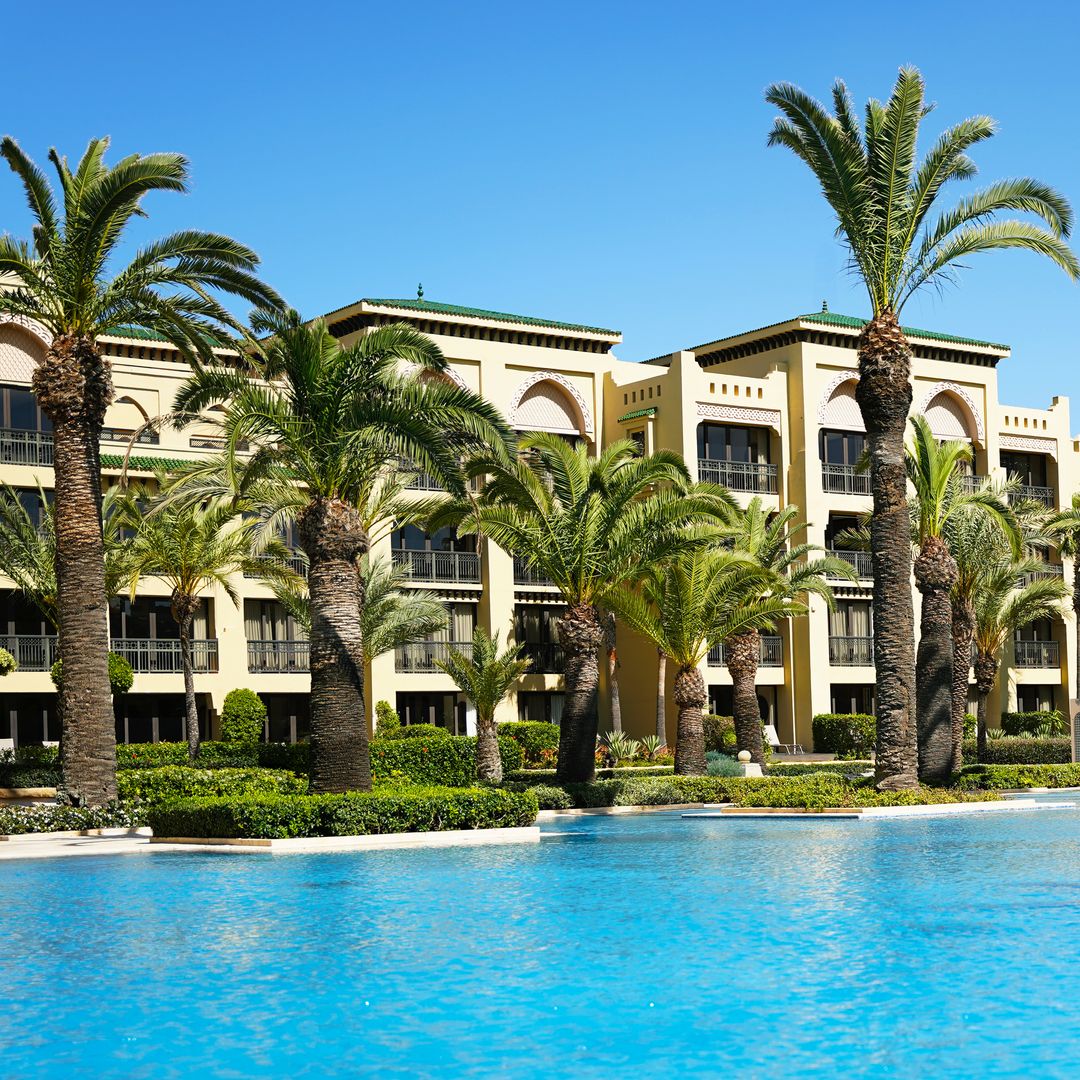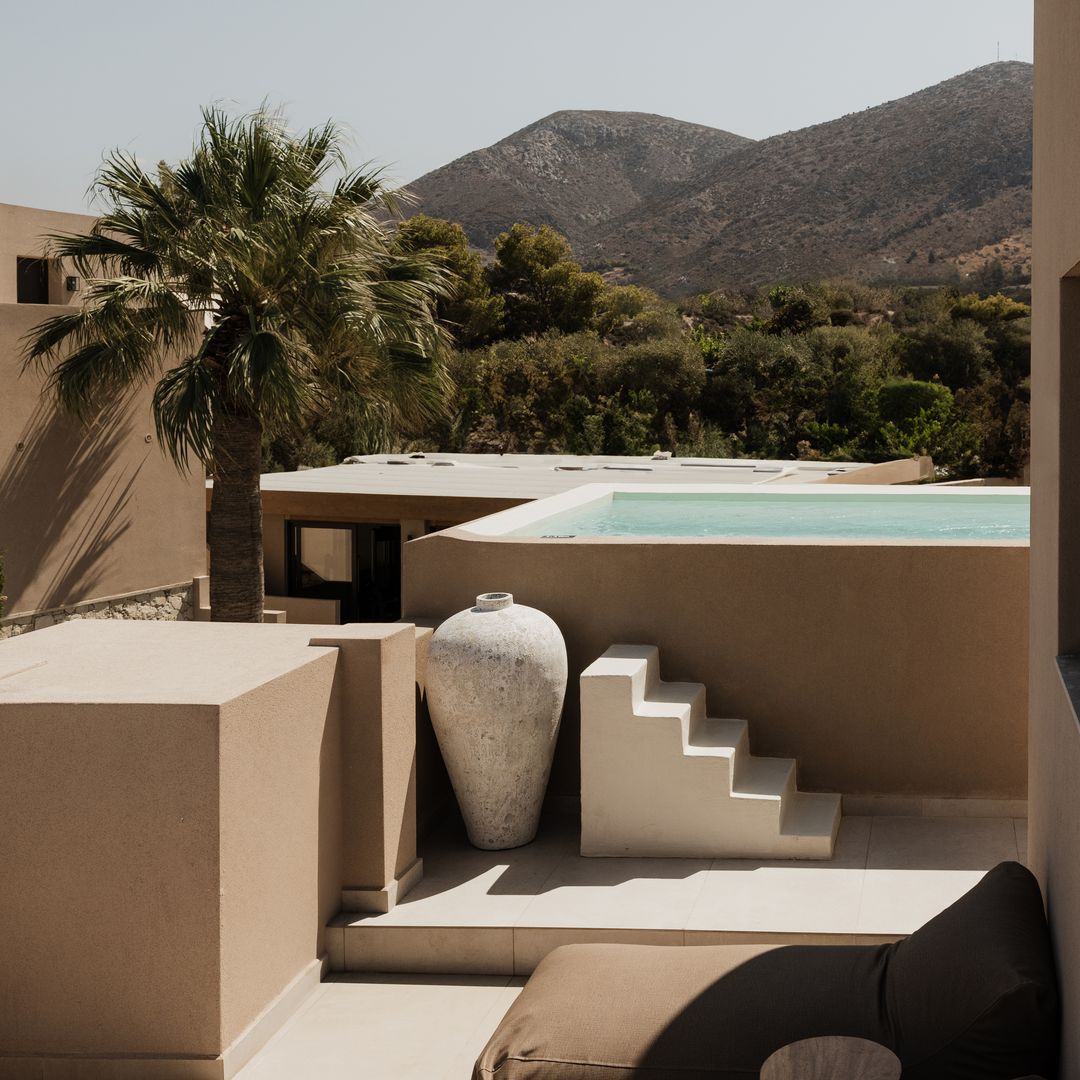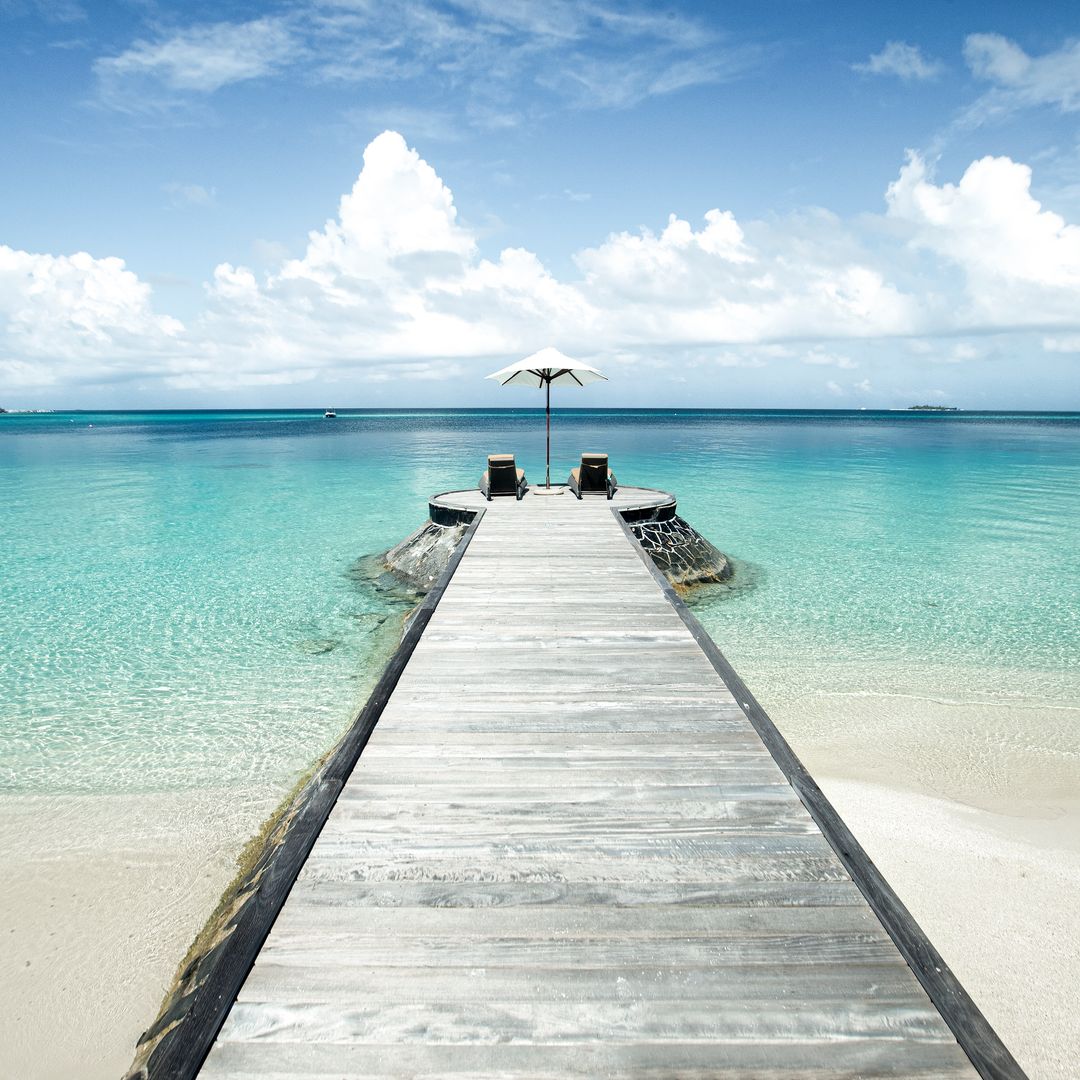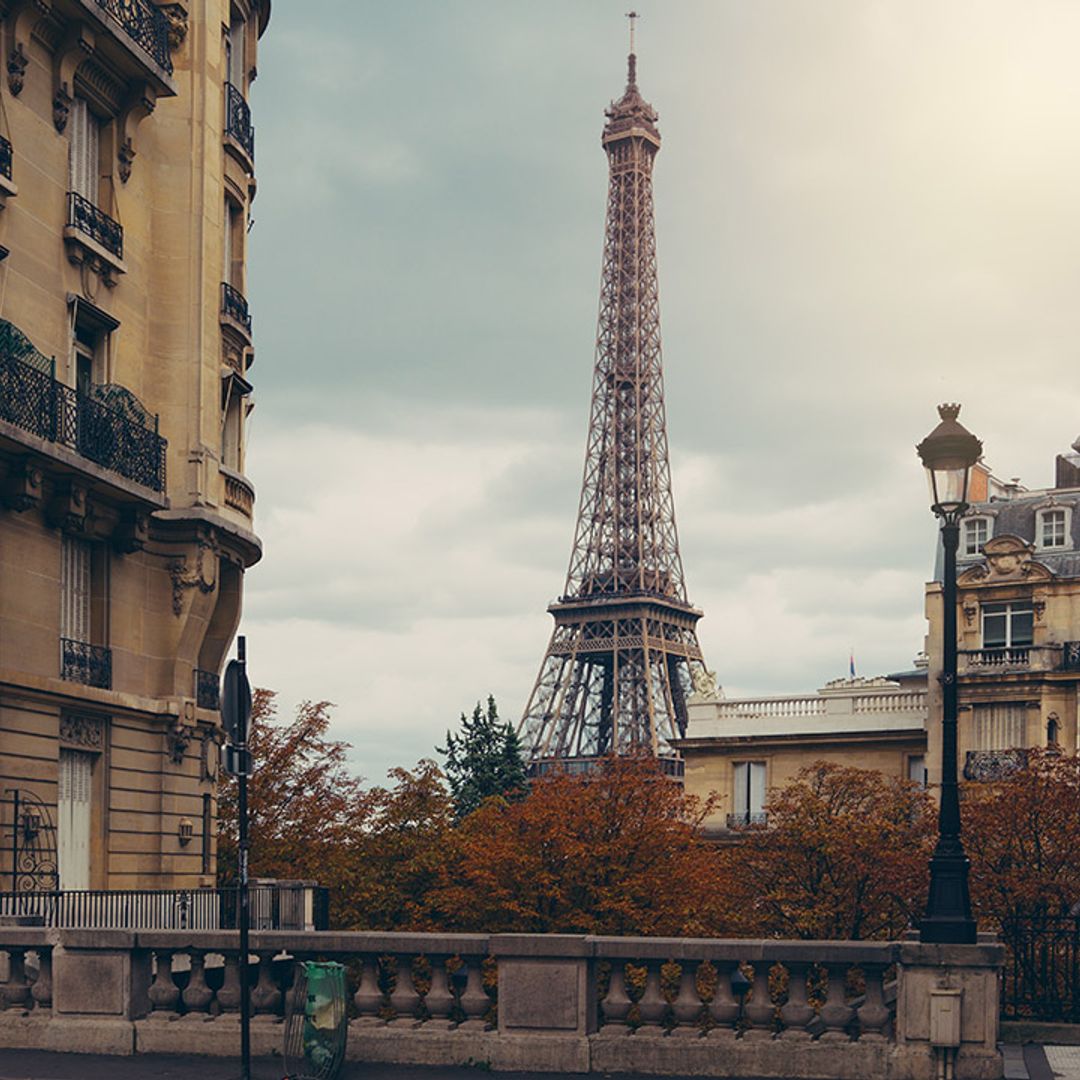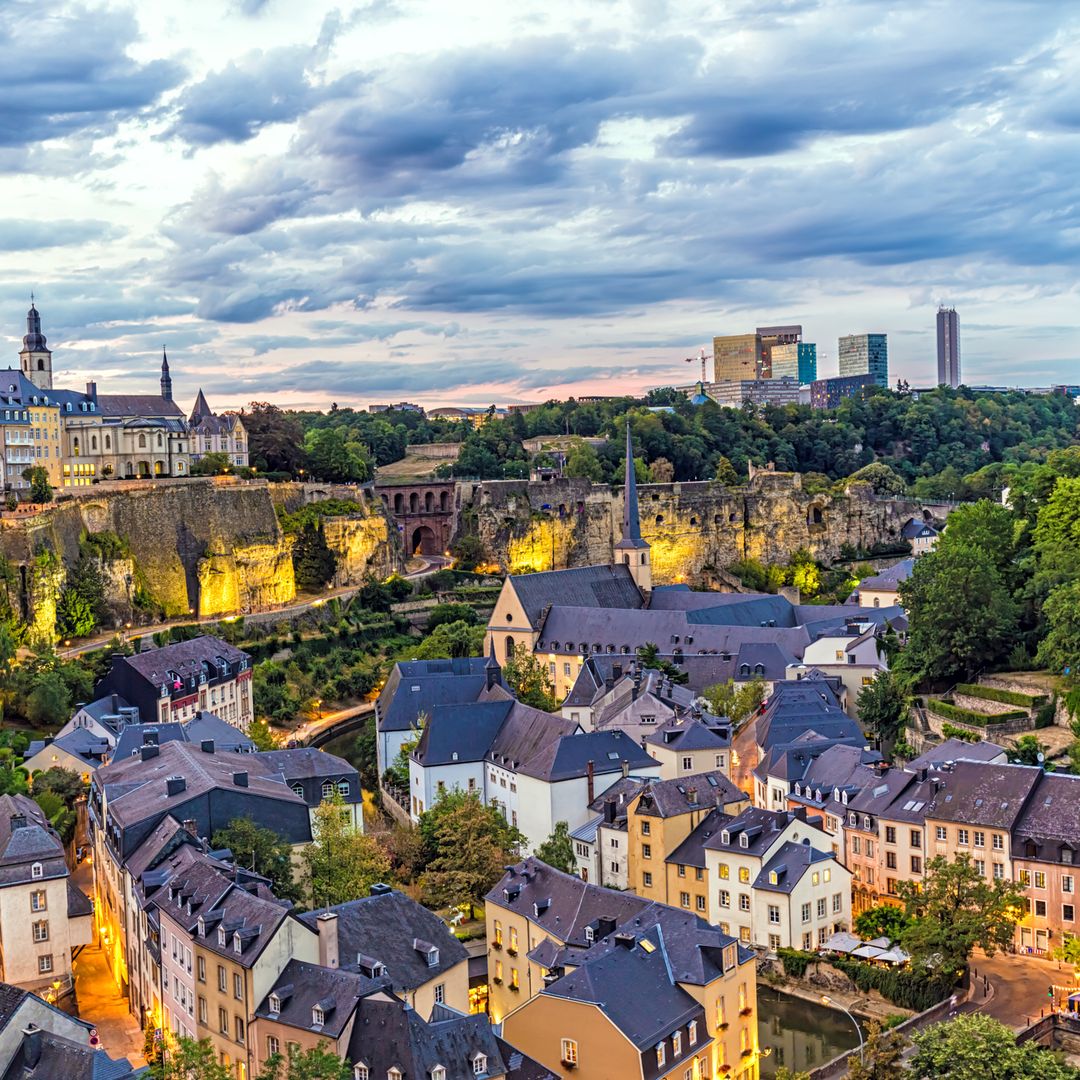German road signs, a devotion to saunas, schnitzel and strudel on the menu – it's easy to see why many people think South Tyrol is still in Austria. The region, one of the wealthiest in Italy, is tucked away in the most northern point of the boot-shaped country, and is the definition of a melting pot of cultures.
A brief history lesson is needed to fully 'get' this unique area. South Tyrol belonged to Austria for five centuries, before it was annexed by Italy after the First World War. It was then occupied by the Germans in the Second World War, before being restored back to Italy in 1945 when the Nazi regime fell.
The Dolomites are a UNESCO World Heritage Site
Hugging the Austrian border and with its complex history, it's no wonder that South Tyrol has retained so much of its Austrian influence, while also celebrating the Italian joie-de-vivre. Locals grow up speaking both languages, menus feature sauerkraut as well as the primo piatto pasta course, and you're never quite sure if you'll be greeted with a Guten Tag or a Buon Giorno.
The hybrid nature of the region is what makes it so interesting for a first-time visitor like myself, not to mention the appeal of guaranteed rays; South Tyrol is blessed with more than 300 days of sunshine a year. It's the perfect place to embrace the Alpine winter activities on offer, from skiing and snowshoeing to the ever-so-popular sledging.
The beautiful Rosengarten peaks are unmissable
The Dolomites are a part of the Alps that are immediately distinguishable. With their jagged, piercing edges and overwhelming stature, they are a sight to behold. Over 1,120 kilometres of ski slopes crisscross South Tyrol, but one of the most popular routes to take is to ski around the breathtaking Rosengarten. Literally meaning 'rose garden,' the peaks were given their name because of the pinky, red hue they turn when the sun sets.
On our day of skiing, the Dolomites proved exactly why they're a UNESCO World Heritage Site. There were beautiful blue, red and black runs to choose from, majestic mountain views and tree-lined pistes. The slopes and chair lifts felt pleasantly quiet compared to the rush of some of the bigger resorts I've visited in Austria and France. South Tyrol isn't the cheapest place to ski; a day pass will set you back around €65, but it's a price worth paying for the peace and unparalleled beauty.
Drinks with a South Tyrolian view
Being in Italy, it would have been rude not to stop for an Aperol Spritz and a macchiato here and there, or my newly discovered favourite, Hugo, a blend of sparkling wine, fresh mint and elderflower cordial. The locals like to take their rest period seriously. There was none of the 'eat a sandwich made from the breakfast buffet in ten minutes then ski' malarkey.
With nods to Italian and Austro-German cuisine, the food is a selling point of the region. South Tyrol has 26 Michelin-starred restaurants, the highest density in Italy, so there's no shortage of good food on the slopes. Seafood lovers have to get a table at Rifugio Emilio Comici, a restaurant that serves fresh fish delivered from the sea to the mountains every few days.
Refugio Emilio Comici is the place to go for seafood
The popular eatery has been visited by the likes of sporting royalty and actual royalty, from Prince Albert of Monaco and King Carl XVI Gustaf of Sweden to Michael Schumacher and Fernando Alonso, whose photos line the walls. Our guide Marko recommended sharing the seafood platter of langoustines, prawns, scallops and octopus before moving on to the bigger plates of tuna, lobster and scampi – delizioso!
Another foodie gem is Zallinger, a hotel and restaurant that you can ski to. For those visiting at night, as we did, you can take the hotel's snow cat up to the lodge – a real novelty. But make sure you embrace the local tradition, and your inner kidult, and toboggan back down the slopes in the pitch black. Just remember to bring a torch! Zallinger is where you can really make the most of the hybrid menus. Dumplings, hearty stews, schnitzel, Kaiserschmarrn, strudels and any kind of pasta you want are all for the taking.
Burn off those calories snowshoeing
And don't even start to feel guilty about the calories. Skiing is one way to burn off the heavy food, but so is snowshoeing. South Tyrol's local tourist board organises two-hour hikes in the mountains, open to experienced showshoers and first-time walkers. If you've never done it before, be prepared! Depending on the ascent, and ours was definitely an ascent, it can feel quite strenuous. It didn't take long to feel absolutely exhausted, but as soon as the slope plateaued, the hike became more bearable. You'll feel all the better for doing it, as the glorious views of the Dolomites, and the feeling of creeping inches and inches closer to the peaks, are all worthwhile.
We were rewarded a second time around at lunch, which was held at a partly open-air lodge that had stunning views of the Rosengarten. The 'Flying Buffet' as they called it was South Tyrol's answer to apres-ski – a live music band bellowed out country music and classic folk tunes that had us dancing, while attentive staff came around with warming servings of soup, meat and cheese platters, bowl food of dumplings and stew, and baskets of strudels. The dream! Sadly it was the first and only 'Flying Buffet' of the winter, but similar style gatherings are also held in the summer.
The exhausting hike is worth the view
After energetic days of skiing and snowshoeing, we had Hotel Cyprianerhof to welcome us back with open arms. The biggest hotel in Tiers resort, Cyprianerhof is a two-hour drive away from Innsbruck airport and is nestled on the slope with an unrivalled view of the Dolomites. Guests tend to opt for the full-board option, which includes breakfast, dinner and an afternoon snack such as soup and cake. Rooms are large, traditionally decorated and have a balcony, either facing the slope or the Rosengarten, with deck chairs to rest your weary feet after a day's activities. Small touches included a backpack you could borrow for outings and a fluffy bathrobe to take down to the piece de resistance of the hotel – the underground spa.
Hotel Cyprianerhof boasts a spa and thermal pool
South Tyrolians are devoted to their sauna culture, we would soon find out, and Cyprianerhof had not one but three saunas, plus a steam room. The outdoor sauna is the highlight for many guests, who can take part in 12-minute Gregorian-style 'rituals'. Absolutely no swimwear is allowed, and men and women happily mix, either donning towels or going stark naked. Those who are used to German and Scandi saunas wouldn't bat an eyelid, but we learnt the hard way and couldn't quite embrace the nudity.
For the more prude, like ourselves, the various relaxation rooms and the thermal swimming pool was more to our liking. The pool is split into an indoor and outdoor section, and while it still felt a little chilly taking a dip alfresco, the views of the Dolomites are truly stunning, especially at night. It was the ideal way to end each day – soaking our limbs, gazing up at the stars and reflecting on the absolute uniqueness of the region.
Grazie Alto Adige for the memories, or should I say, danke Südtirol.
The hotel is two hours from Innsbruck airport
For more information, visit the South Tyrol Tourism Board (www.suedtirol.info/en).
